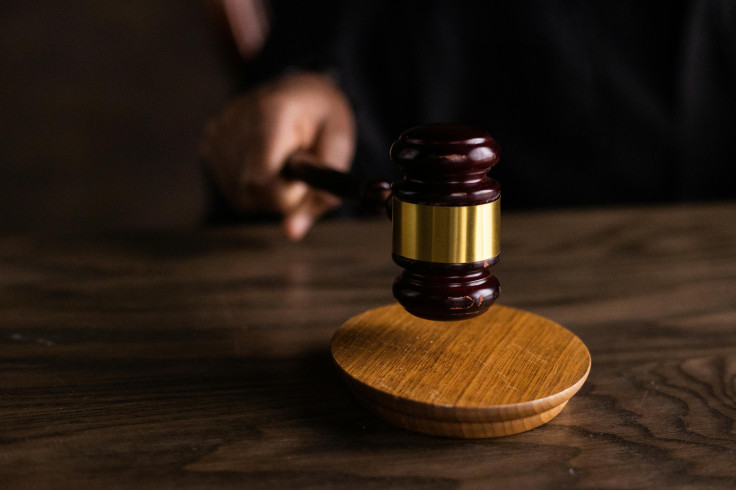
A recent uproar has exposed a troubling issue with the legal professionals who are facing severe criticism in UK for presenting fabricated case precedents, seemingly conjured by artificial intelligence.
A judge has disclosed that the lawyers have presented fake cases generated by artificial intelligence during court proceedings and cautioned that legal professionals could face prosecution if they fail to verify the accuracy of their research.
Judges Speak Out: A Warning On AI Misuse
The High Court Justice Victoria Sharp observed that AI misuse carries 'serious implications for the administration of justice and public confidence in the justice system.'
In a Friday ruling, Sharp and fellow judge Jeremy Johnson admonished legal professionals in two separate instances.
This is the latest illustration of how judicial systems globally struggle to manage the growing presence of artificial intelligence within courts.
They were tasked with a ruling after lower court judges voiced concerns regarding the 'suspected use by lawyers of generative artificial intelligence tools to produce written legal arguments or witness statements which are not then checked,' resulting in inaccurate information being presented to the court.
Cases in Point: False Information In High-Stakes Litigation
In a judgment penned by Sharp, the judges noted that in a £90 million ($120 million) lawsuit concerning an alleged breach of a financing agreement with Qatar National Bank, a lawyer referenced 18 non-existent cases, according to a report by The Post.
The client in the case, Hamad Al-Haroun, apologised for unknowingly misleading the court with erroneous information generated by readily available AI tools, asserting that he, not his solicitor, Abid Hussain, was responsible.
However, Sharp remarked it was 'extraordinary that the lawyer was relying on the client for the accuracy of their legal research, rather than the other way around.'
In another instance, a lawyer presented five bogus cases in a tenant's housing dispute against the London Borough of Haringey. Barrister Sarah Forey denied using AI, but Sharp remarked that she had 'not provided to the court a coherent explanation for what happened.'
In both instances, the judges reported the lawyers to their professional regulators but refrained from pursuing more severe measures.
Accountability And The Future Of Legal AI
Sharp said that submitting false material as if it were genuine could be deemed contempt of court or, in the 'most egregious cases,' perverting the course of justice, which carries a maximum penalty of life imprisonment.
The judge said: 'Artificial intelligence is a tool that carries with it risks as well as opportunities. Its use must take place therefore with an appropriate degree of oversight, and within a regulatory framework that ensures compliance with well-established professional and ethical standards if public confidence in the administration of justice is to be maintained.'
Navigating The AI Frontier
The emergence of AI in legal practice presents unprecedented opportunities and significant challenges. While these tools promise to streamline research and enhance efficiency, the recent incidents in UK courts are a stark reminder of the critical need for human oversight and verification.
As AI continues to evolve and integrate into various professional domains, practitioners must understand its limitations and responsibilities. The integrity of judicial systems, and public trust in them, hinges on our ability to harness these powerful technologies responsibly, ensuring accuracy and accountability remain paramount.







